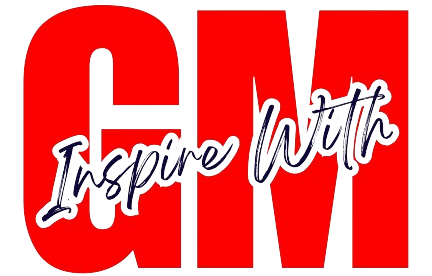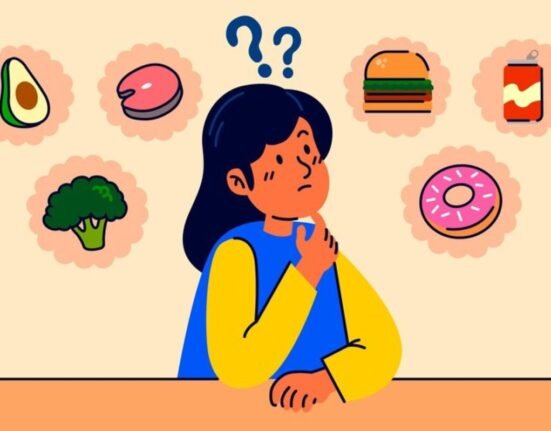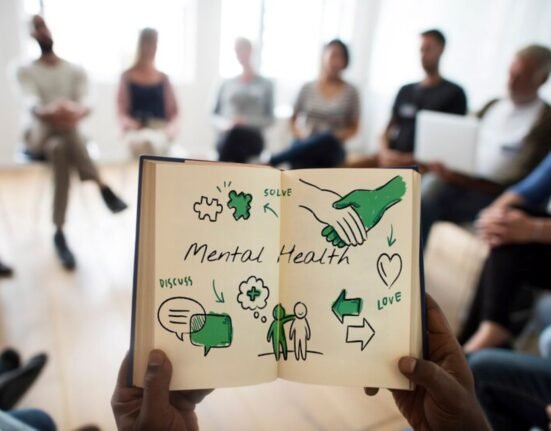In the pursuit of mental health and well-being, an often overlooked but incredibly potent tool is laughter. This blog post is dedicated to unraveling the surprising benefits of humor on mental health, delving into the therapeutic realm of laughter therapy, and exploring how a good laugh can contribute to emotional well-being.
The Mental Health Connection to Laughter
Safeguarding Sanity: The Crucial Role of Humor in Mental Wellness
In the vast landscape of mental health, the keyword “mental health” takes center stage as we explore the multifaceted relationship between laughter and emotional well-being. This blog post aims to shed light on the profound impact of humor on mental health, from stress relief to fostering a positive mindset.
Lightening the Load: The Keyword Approach
The keyword “mental health” becomes a guiding light, steering us toward understanding how humor can be a powerful antidote to the challenges of daily life. By adopting a lighthearted and laughter-filled approach, individuals can effectively navigate the complexities of their mental well-being.
The Therapeutic Power of Laughter
1. Stress Relief: The Keyword is Relaxation
Laughter acts as an herbal stress reliever, triggering the discharge of endorphins—the body’s feel-proper chemicals. The keyword is “relaxation,” emphasizing the role of laughter in reducing stress hormones and promoting a sense of calm and relaxation.
2. Mood Elevation: The Joyful Impact on Emotional States
Humor can elevate mood and counteract feelings of sadness or anxiety. The keyword is “joyful impact,” highlighting how laughter stimulates the production of neurotransmitters that contribute to feelings of happiness and contentment.
The Physical and Cognitive Benefits of Laughter
1. Cardiovascular Health: The Keyword is Heart
Laughter isn’t just good for the soul; it’s beneficial for the heart. The keyword is “heart,” underscoring the cardiovascular benefits of laughter, including improved blood flow, reduced blood pressure, and a healthier heart.
2. Boosting the Immune System: The Keyword is Resilience
Laughter contributes to a robust immune system by enhancing immune cell activity. The keyword is “resilience,” signifying how a hearty laugh can fortify the body’s defenses against illnesses.
3. Cognitive Function: The Laughter-Brain Connection
Humor engages various regions of the brain, promoting cognitive flexibility and creativity. The keyword is “brain,” highlighting the connection between laughter and enhanced cognitive function, including improved problem-solving skills and heightened mental agility.
Social Benefits of Laughter
1. Connection and Bonding: The Keyword is Unity
Laughter is a universal language that fosters connection and strengthens social bonds. The keyword is “unity,” emphasizing how shared laughter creates a sense of camaraderie and deepens interpersonal relationships.
2. Conflict Resolution: The Laughter Diplomacy
Humor can defuse tension and act as a powerful tool for conflict resolution. The keyword is “diplomacy,” underscoring how laughter promotes a positive atmosphere, easing confrontations and fostering understanding.
Laughter as a Coping Mechanism
1. Coping with Adversity: The Keyword is Resilience
Humor serves as a coping mechanism during challenging times, contributing to emotional resilience. The keyword is “resilience,” highlighting how laughter provides a perspective shift and enables individuals to cope with adversity more effectively.
2. Laughter Yoga: The Therapeutic Practice of Chuckles and Giggles
Laughter yoga, a unique form of exercise that combines laughter with yogic breathing, has gained popularity for its mental health benefits. The keyword is “therapeutic practice,” emphasizing how intentional laughter can be integrated into structured activities for enhanced well-being.
Incorporating Laughter into Daily Life
1. Cultivating a Humorous Mindset: The Keyword is Perspective
Adopting a humorous mindset involves viewing challenges with a positive perspective. The keyword is “perspective,” highlighting how humor allows individuals to navigate difficulties with resilience and optimism.
2. Finding Laughter in Everyday Moments: The Keyword is Presence
Encouraging individuals to be present and find joy in the small, everyday moments. The keyword is “presence,” emphasizing how being mindful and appreciative of the present can lead to spontaneous laughter.
Conclusion: The Healing Symphony of Laughter
In conclusion, laughter therapy emerges as a symphony of healing for mental health, bringing forth unexpected benefits that extend beyond mere amusement. By recognizing the profound impact of humor on stress relief, mood elevation, physical health, social connection, and coping mechanisms, individuals can harness the therapeutic power of laughter to enhance their overall well-being. The keyword “mental health” becomes synonymous with a joyous and resilient mindset, where laughter serves as an integral tool in the pursuit of emotional balance and happiness. As we navigate life’s challenges, let us not forget to indulge in the healing melody of laughter—a timeless and universal remedy for the soul.















